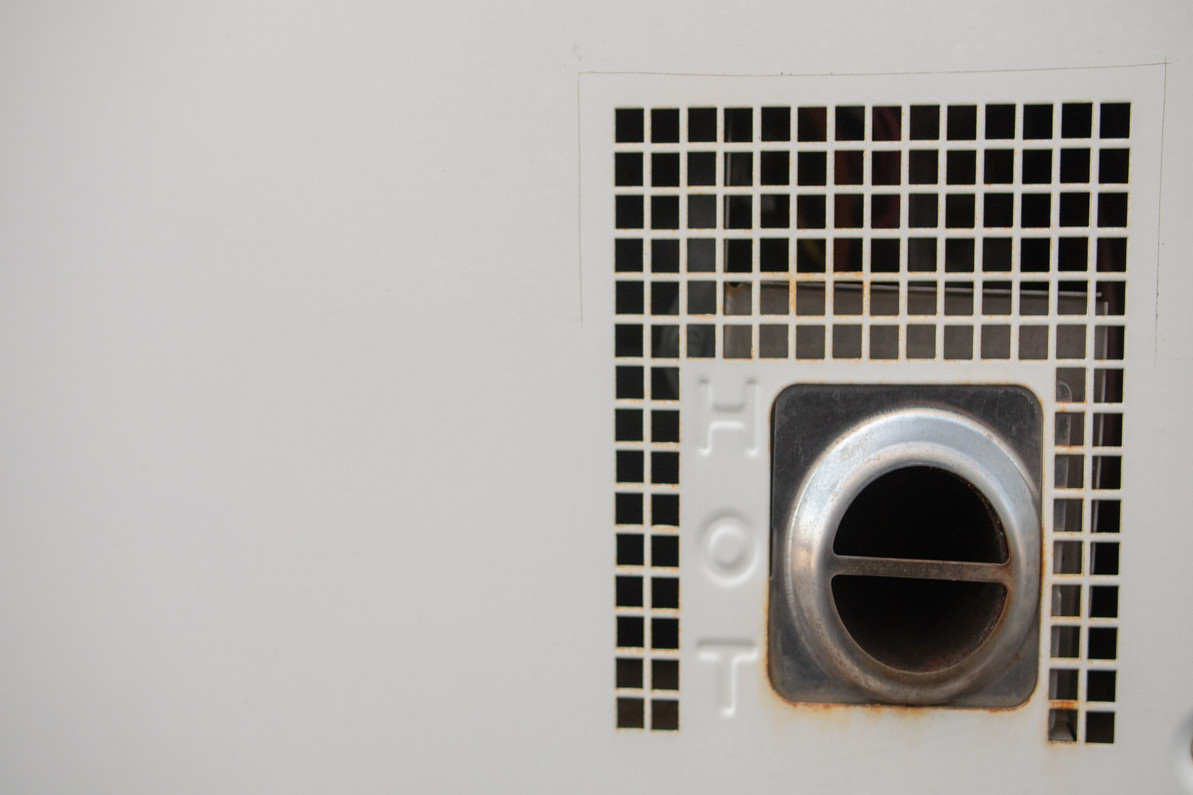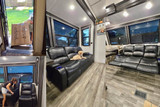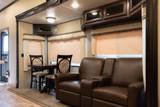RV Water Heaters – Traditional or Tankless? | RecPro
Are you considering upgrading your RV water heater? If so, you may wonder whether to choose a traditional or tankless model. In this blog post, we'll discuss the pros & cons of each type of RV water heater to help you make an informed decision. Whether you're a full-time RVer or an occasional trailer hauler, this post will provide valuable insights!
RV Water Heaters Have Two Main Types—Traditional and Tankless
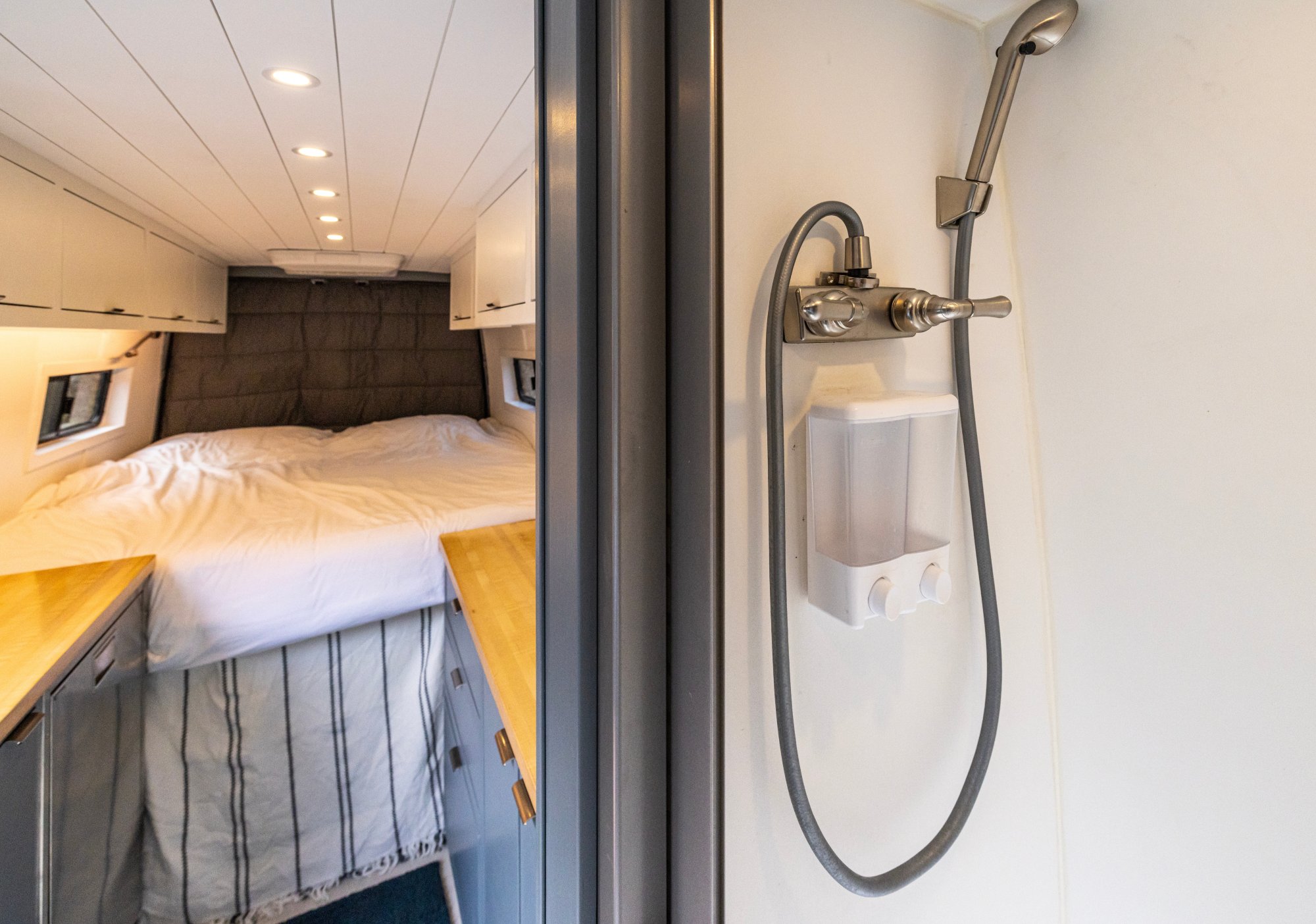
Though there are several ways to achieve it, a consistent hot water supply is a must-have for any RV camping trip. Traditional water heaters are one type used by many people who own RVs. In this type of heater, the water is stored in a tank and heated while continually kept inside. This resultant heated water can be used without any wait or preheating time.
Traditional heaters are easy to install, maintain and use but consume more energy than their newer brethren, the Tankless Water Heaters. These have fewer components that require maintenance but offer maximum energy efficiency by heating only what is needed. These types of heaters may be tricky for bigger rigs. They might need additional gasoline or propane-powered components to ensure smooth operation where needed—generally speaking. However, tankless options provide an overall more efficient approach when compared to traditional units.
Whether one opts for Traditional or Tankless water heater designs, it ultimately boils down to considerable energy savings that can, over time, reduce the cost of running your RV water heater system in a big way. Therefore, weighing options and researching both Traditional and Tankless Heater systems should be the first step before purchasing one's perfect RV Water Heater solution! Ultimately, this decision is integral in helping us save on energy bills and protecting our environment.
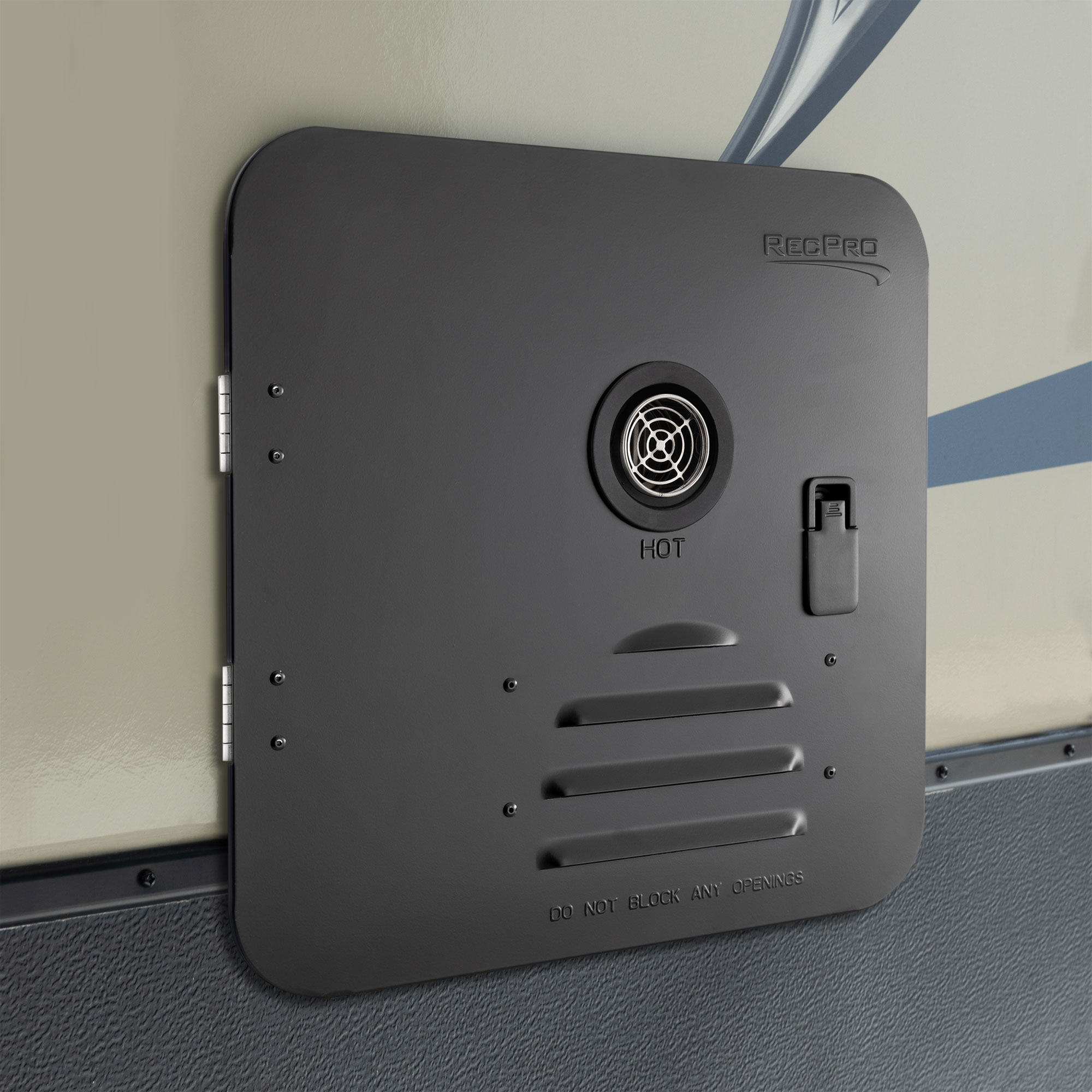
Pros & Cons of Each Type of Water Heater
When it comes to water heaters, there are two main options: Traditional RV water heaters and tankless RV water heaters. Traditional models rely on a large tank that stores hot water and continuously heats it to maintain the desired temperature. This design is relatively convenient, but it has the drawback of using more energy over time, as the tank needs to be constantly heated.
As an alternative, tankless units provide hot water on demand without requiring a large storage area. While this system can be more energy-efficient in the long run, it also requires more electricity or propane to heat cold water in smaller batches when compared with Traditional RV-type units. Tankless systems often come out ahead in terms of cost savings due to their lack of standby energy loss and spare parts costs. Ultimately, the decision depends on which factors are most essential for you: convenience or efficiency?
Traditional RV water heaters are best for those looking for quick hot showers with minimal effort - while those wanting to save money in the long run should consider investing in a tankless unit. Whichever you choose, both types will serve you well!
How to Choose the Right Water Heater for Your RV
Choosing the appropriate water heater for your RV is essential in ensuring a comfortable and enjoyable trip. The first decision is what type of water heater will work best for you. Electric heaters are more efficient, while propane-powered models are often cheaper and easier to maintain. However, if your campsite doesn't offer electricity, or if you plan on taking longer trips in colder climates, then electrical options may not be practical.
Next, consider the tank size that comes with the water heater. How long does your trip usually last? Will you need multiple tanks? Make sure to choose one with a large enough capacity for all the hot water you will need during your stay.
If you have a tankless water heater, remember to consider the size of your onboard potable water tanks.
Lastly, look at the installation process. Some models come pre-installed in RVs and require minimal setup. Others need complicated wiring and plumbing systems before being used; these installations should be left to experienced professionals. Considering all of these factors, you'll be able to make an informed decision about choosing the right water heater for your RV.
Here are a few RV water heater options from RecPro:
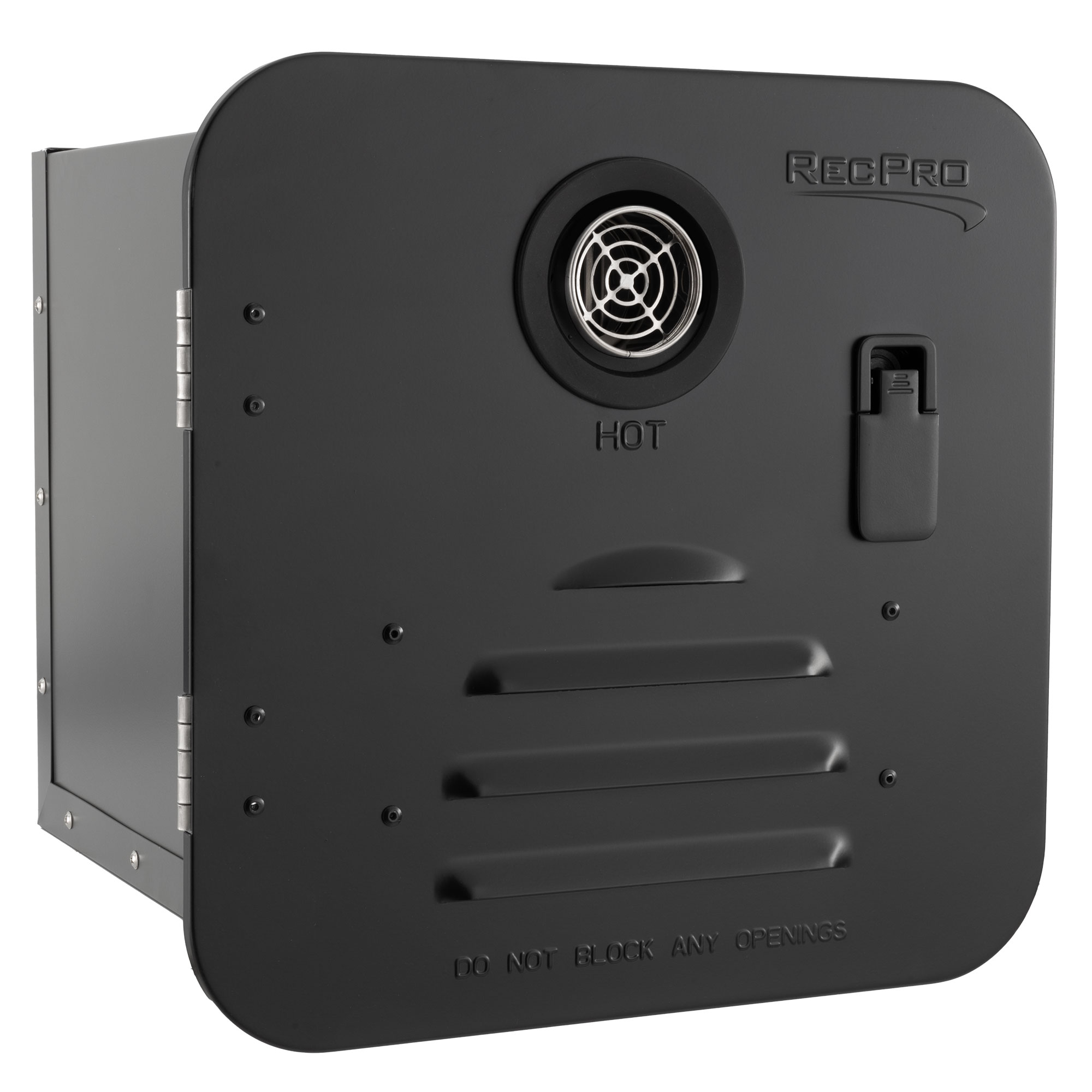
RecPro Tankless - 60,000 BTU, Propane, 12V
RecPro Tankless - 42,000 BTU, Propane, 12V
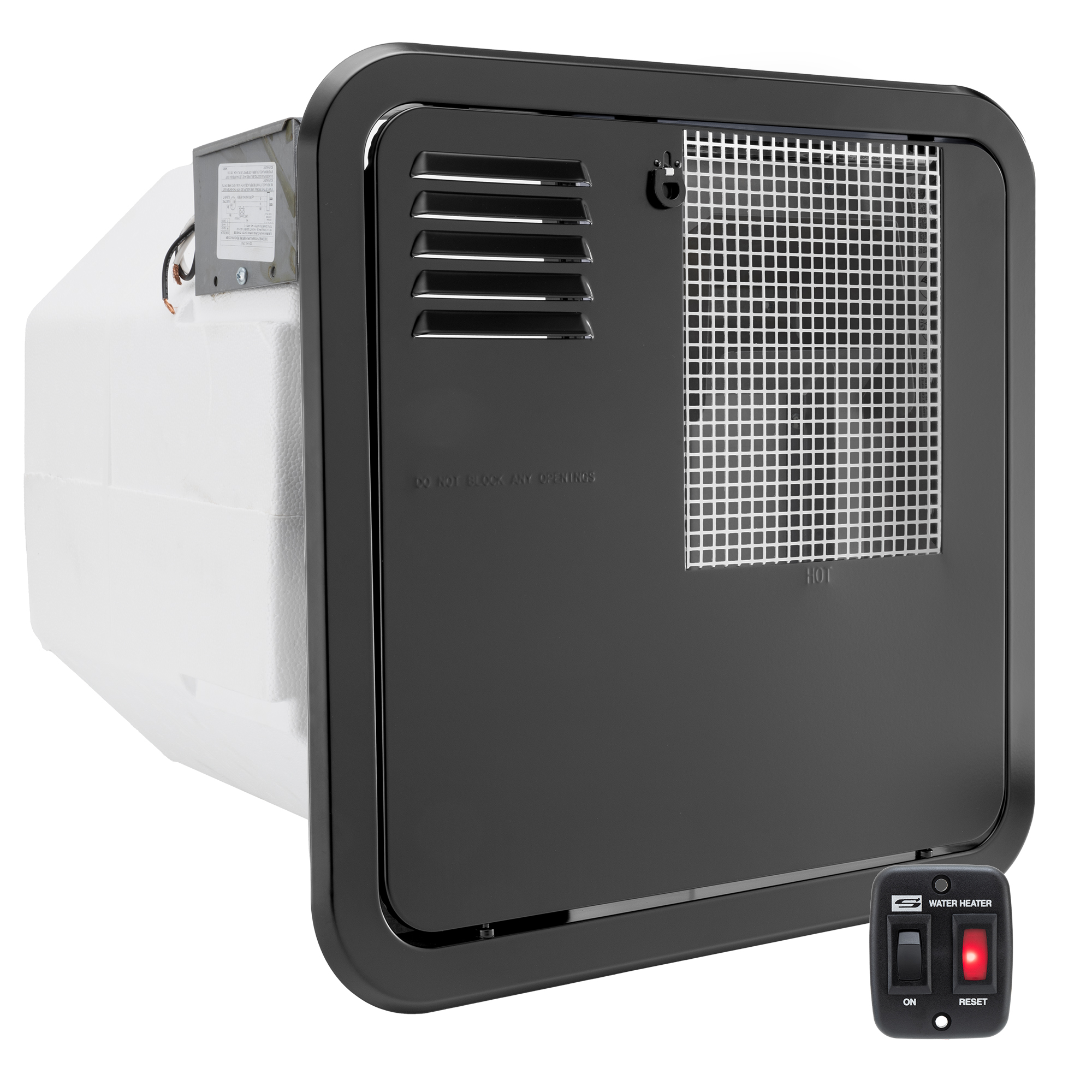
Suburban Water Heater - 12,000 BTU, 12V DC, 120V AC heating element, 6 gallon tank
Suburban Water Heater - 12,000 BTU, 12V DC, 120V AC heating element, 10 gallon tank
Tips for Keeping Your RV Water Heater in Good Condition
 Maintenance is vital to keeping your RV water heater in tip-top shape. The first step is ensuring the unit is well-ventilated, which should be checked regularly to ensure it's working correctly. To maintain the unit, you should inspect fittings, replace corroded or frayed wiring as needed, and periodically check on the anode rod to ensure it isn't worn out or blocked with sediment.
Maintenance is vital to keeping your RV water heater in tip-top shape. The first step is ensuring the unit is well-ventilated, which should be checked regularly to ensure it's working correctly. To maintain the unit, you should inspect fittings, replace corroded or frayed wiring as needed, and periodically check on the anode rod to ensure it isn't worn out or blocked with sediment.
Additionally, proper winterization of your water heater can help extend its lifespan – make sure you empty any tanks and then fill them with fresh water that contains an RV antifreeze before turning off the water supply and power. By performing regular maintenance checks and taking steps like winterizing your unit, you can help ensure your RV water heater stays in peak condition for many years to come!

Wrapping Up
This blog post has discussed RV water heaters and the various types available on the market. Traditional RV water heaters use a large tank to store hot water, while tankless RV water heaters use a simple flow-activated system that quickly heats water as needed. Both approaches have advantages and disadvantages, but most RV owners prefer tankless RV water heaters due to their smaller size and longer life expectancy.
In addition, this post also provides RV owners with several tips on good RV water heater usage practices that will help improve performance and save energy. Finally, general maintenance tips are provided to address common RV water issues such as limescale buildup or unexpected shutoffs. Overall, RV owners should know how to troubleshoot RV water issues before they arise and always ensure they run an efficient RV hot water system by following the best practices outlined in this post.
So, what's the verdict? Tankless or traditional RV water heaters – which is better for you? The answer depends heavily on your needs and preferences. If you like having plenty of hot water on demand and don't mind the extra cost, go with a tankless heater. But if you want to save some money in the long run and are willing to wait a little longer for your hot water, then a traditional heater might be a better choice for you.
No matter the type of RV water heater you choose, always remember to research before buying and follow the proper maintenance instructions to keep it running smoothly all season long. Let us know down in the comments if you have any experience with either of these systems & which you prefer!
Recent Posts
-
Traveling to the RV Hall of Fame in Elkhart, IN
If you are traveling to Elkhart, IN to see the RV Hall of Fame, getting off the toll road at exit 96 …Nov 14, 2025 -
Best RV Air Conditioners of 2025: An Expert Guide From RecPro
Quick Answers Best overall RV air conditioner: RecPro 15K Quiet AC with Heat Pump (RP-AC3800) Best f …Oct 29, 2025 -
The Nuclear Nomads Expand Sofa with New Recliner Section Install
The Nuclear Nomads are a full time RV family living in south Florida. Andi and Joey value quality ti …Oct 24, 2025 -
Trailer Wiring Guide: How to Wire Your Trailer for Safety and Efficiency
Table of Contents 1. Common Types of Trailer Connectors 2. Trailer Wiring Diagrams: Color Codes and …Aug 20, 2024 -
How to Keep Your Pets Safe While Camping
RVing and camping are a great getaway from the hustle and bustle of work and the city and the day-to …Jul 02, 2024 -
Why Replace Your RV Furniture?
You may wonder when is the best time to replace your RV furniture. There is no one right answer to t …May 20, 2024

